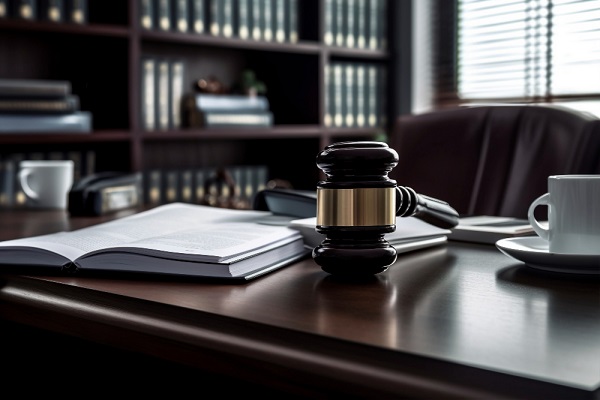
Double jeopardy is a legal rule that protects individuals from being tried for the same crime twice. Knowing how it works is essential, particularly if you’re in legal trouble. Whether you’re seeking help from a top criminal lawyer in Toronto or just wondering more about the legal code, here are seven things you should know about double jeopardy.
- It Stops Repeat Trials
Double jeopardy means that once you’ve been cleared of a charge, the government can’t try you again on the same matter. If a jury finds you not guilty of murder offenses and criminal charges, then that’s final. The stuff is done, and you’re safe from being dragged back to court.
- It’s in the Law
Double jeopardy in Canada benefits from the Charter of Rights and Freedoms, Section 11(h). You can’t be tried again for the same offense if you’re acquitted or convicted. A leading criminal lawyer in Toronto will tell you that the rule ensures the system is fair and prevents a never-ending legal battle.
- Same Crime, Same Court
Double jeopardy applies only to the same crime in the same court system. If you contest drug charges and win, they can’t put you on trial again for that drug case.
But if it’s some other crime, theft rather than drugs, it’s not double jeopardy, and you could still be tried again.
- Convictions Count Too
If you were convicted and punished for the crime, double jeopardy means you cannot be punished again for the same crime.
The court cannot add more punishment to the same act later, for example, if you are convicted of murder offenses and criminal charges. Criminal lawyers in the corporate world see the same rule at play with financial crimes.
- Appeals Are Not Double Jeopardy
If the prosecution wins an appeal of a not-guilty verdict, you could be tried again. This isn’t double jeopardy. It’s the legal system correcting an error. A criminal lawyer in Toronto can explain how appeals work and what to expect if the case is reopened.
- Shifting Things At Different Levels
Double jeopardy does not always apply across courts or governments. If you win a provincial charge, such as some drug crimes, the federal government may still bring a related charge against you. It’s rare, but it happens. This is often what criminal lawyers have managed when crimes cross jurisdictions.
- Exceptions Exist
There are a few scarce situations where double jeopardy can’t be invoked. Some countries will allow a retrial if something new, such as DNA, comes to light after an acquittal, but Canada does not.
So the first time you’d have to fight drug charges or murder charges, it’s hard because what’s a big enough win is generally likely to lock it in. On the other hand, a good criminal lawyer in Toronto can build that strong defense.
Why It Matters
Double jeopardy prevents the harassment of people by the justice system. It brings closure, win or lose; the truth puts you above the fray. For murder offenses and criminal charges, it’s a protection against unfair going-against. If you’re charged, knowing this rule can put your mind at ease or direct your next steps.
Lawyers say double jeopardy prevents those clients. Whether corporate fraud criminal lawyers or someone to fight drug charges, they’ll determine whether this rule applies. It’s a fundamental right that prevents the government from continually pursuing you.
Final Thoughts
Double jeopardy is straightforward: no second trial for the same crime. It’s in the law that it covers convictions and acquittals and has limits, appeals, or another court.
When it comes to murder offenses, drug cases, or more, a top criminal lawyer in Toronto knows how to put it to use. 1. Repeat trials 2. Legal backing 3. Same crime 4. Convictions 5. Appeals 6. Levels 7.
Exceptions: Understand those seven points, and you will see how it works and why it’s there. It’s your protection, simple.